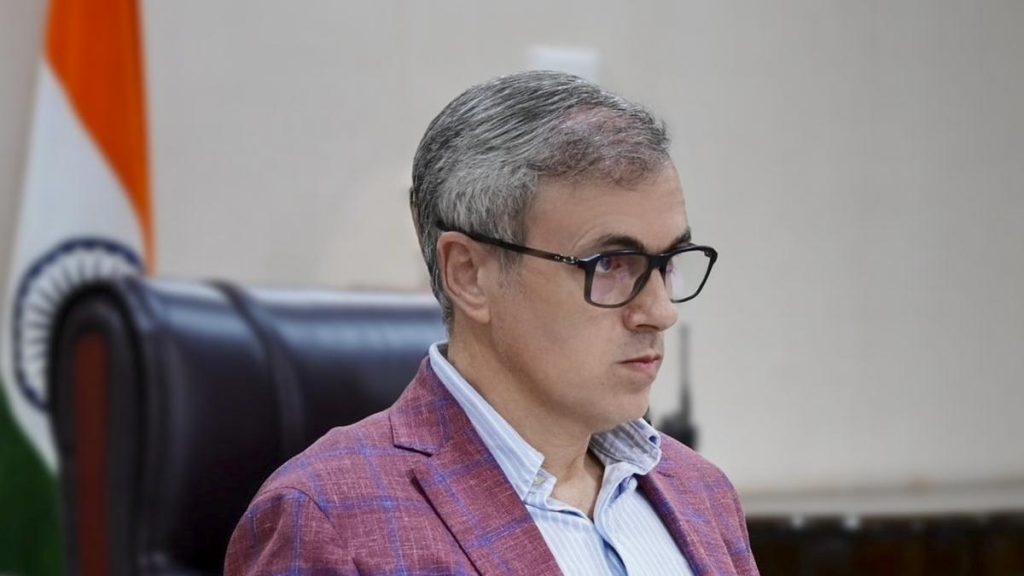Now Reading: BBMP Chief Orders Waste-to-Energy Plant at Kannahalli
-
01
BBMP Chief Orders Waste-to-Energy Plant at Kannahalli
BBMP Chief Orders Waste-to-Energy Plant at Kannahalli

Swift Summary
- BBMP Chief Commissioner M. Maheshwar Rao directed Bengaluru Solid Waste Management limited (BSWML) officials to create a plan for a waste-to-energy unit at the kannahalli waste processing plant.
- Currently, the Kannahalli plant processes 350 tonnes of waste daily. Discussions regarding challenges and issues were held with the private operator Sataram.
- The Seegehalli processing unit, with a capacity of 120 tonnes per day, was also inspected. mr. Rao instructed efficient handling of its waste load.
- The facility has around five lakh tonnes of legacy waste which Mr. rao ordered to be reprocessed using trommel machines. Refuse-derived fuel (RDF) will be sent to Bidadi’s power generation unit while inert waste will go to designated landfills.
- Subbarayanapalya Waste treatment plant was visited for inspections; officials were directed to expedite repairs so the plant can operate at its full capacity of 150 metric tonnes per day.
- Flooding in Nagarabhavi’s Teachers’ Colony during monsoon season was highlighted by Mr. Rao as another issue requiring urgent attention.
Indian Opinion Analysis
BBMP’s decision to explore a thorough plan for generating energy from waste is noteworthy as it aligns with sustainable practices aimed at addressing Bengaluru’s mounting solid-waste management challenges. Establishing such systems could contribute both environmentally and economically by reducing landfill dependency and generating power from refuse-derived fuel.The focus on tackling legacy and inert waste through systematic reprocessing reflects effective long-term planning; however, ensuring efficiency across all current plants-especially those dealing with repair or under-capacity operations-is crucial for realizing this vision faster.
Flood mitigation efforts in Nagarabhavi underline ongoing difficulties in managing urban infrastructure amid climatic pressures like heavy monsoon rains-a recurring issue across several Indian cities that demands significant improvements in drainage systems.
The directives emphasize accountability among local authorities but achieving impactful results will require sustained effort alongside technological upgrades and collaboration between public and private stakeholders.
Read More: Link
























